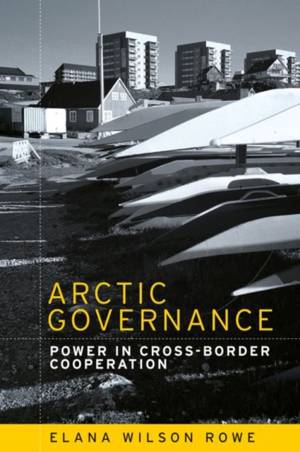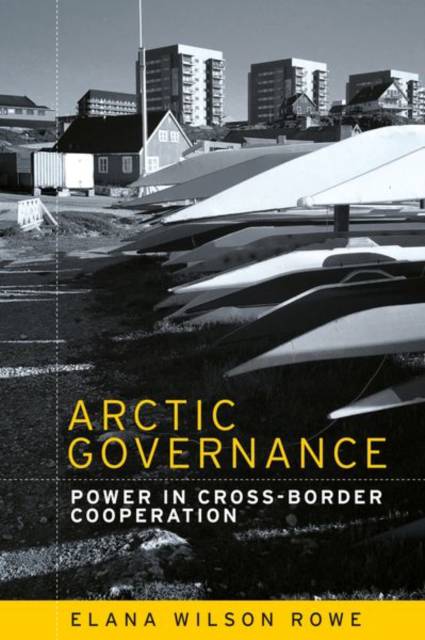
- Retrait gratuit dans votre magasin Club
- 7.000.000 titres dans notre catalogue
- Payer en toute sécurité
- Toujours un magasin près de chez vous
- Retrait gratuit dans votre magasin Club
- 7.000.000 titres dans notre catalogue
- Payer en toute sécurité
- Toujours un magasin près de chez vous
Description
The volume explores a question that sheds light on the contested, but largely cooperative, nature of Arctic governance in the post-Cold War period: How does power matter -and how has it mattered - in shaping cross-border cooperation and diplomacy in the Arctic? The role of power in global governance cooperation has been explored in international relations and political geography literature, yet largely overlooked in an Arctic context. Through carefully selected case studies - from Russia's role in the Arctic Council to the diplomacy of indigenous peoples' organizations - this book seeks to shed light on how power performances are enacted to constantly shore up Arctic cooperation in key ways. The conceptually-driven nature of the inquiry makes the book appropriate reading for courses in international relations and political geography, while the carefully selected case studies lend themselves to courses on Arctic politics.
An electronic edition of this book is freely available under a Creative Commons (CC BY-NC-ND) licence.Spécifications
Parties prenantes
- Auteur(s) :
- Editeur:
Contenu
- Nombre de pages :
- 176
- Langue:
- Anglais
Caractéristiques
- EAN:
- 9781526121738
- Date de parution :
- 08-06-18
- Format:
- Livre broché
- Format numérique:
- Trade paperback (VS)
- Dimensions :
- 155 mm x 231 mm
- Poids :
- 294 g







